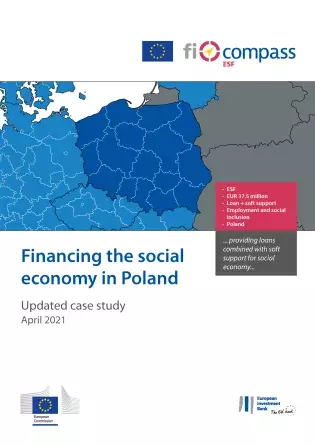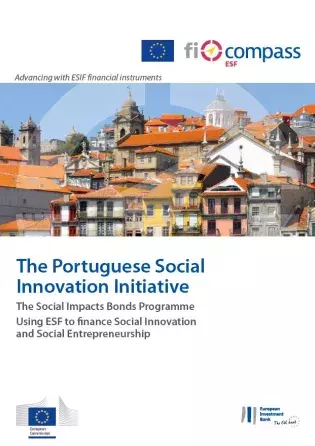Financial instruments working with microfinance
1 February 2016
This factsheet provides information on the opportunities available in the 2014-2020 programming period where financial instruments are a sustainable complement to traditional grant based financing. Primarily intended for European Social Fund (ESF) managing authorities and other stakeholders, this document raises awareness and builds a deeper understanding of the role of ESF programmes in supporting microfinance instruments.
Microfinance is the provision of basic financial services and products such as microcredit, micro‑savings, micro‑insurance and micro‑leasing. These types of financial instruments can be supported by the European Union (EU) Member States through the European Structural and Investment Funds (ESIF). After the financial crisis and the ensuing economic recession, debt financing became more expensive and difficult to obtain for both individuals and microenterprises. Addressing this market gap through microfinance has become a high priority across the EU’s internal, regional, enterprise and employment policies. Under the ESF, microfinance is particularly relevant to support microenterprises as well as low income and other disadvantaged people who have been excluded from access to traditional banking and related services, such as the unemployed, migrants, women, people with disabilities and students. Self‑employment through small scale entrepreneurship supported by microcredit can address employment challenges in Member States and contribute to the 75% employment target set by the Europe 2020 strategy.






